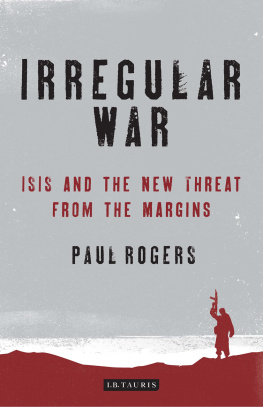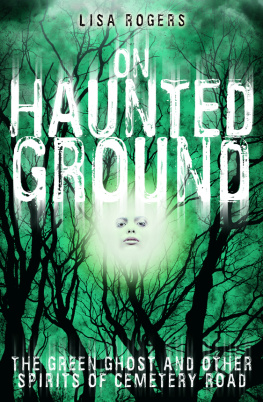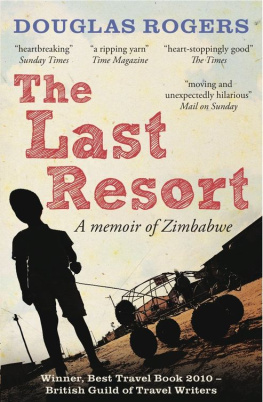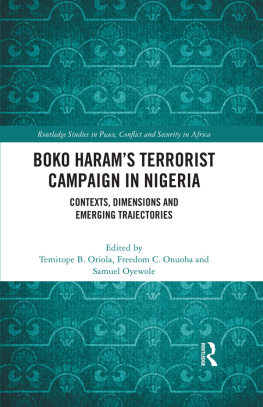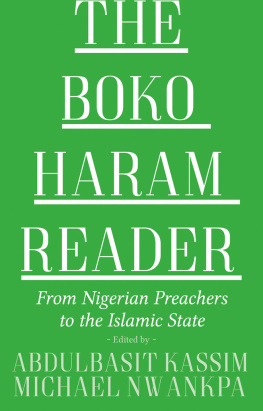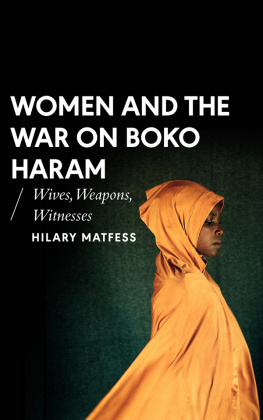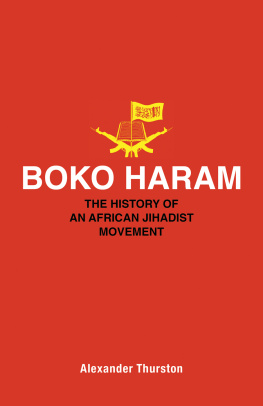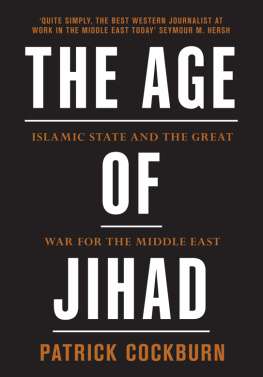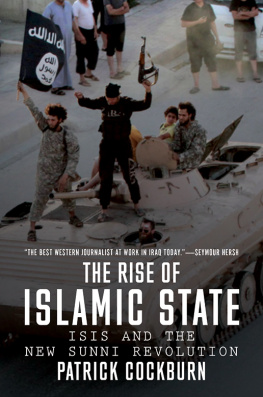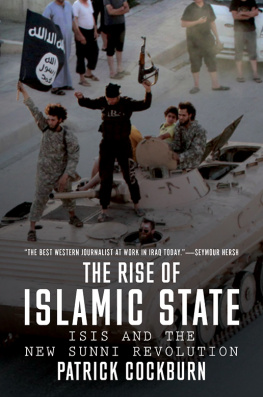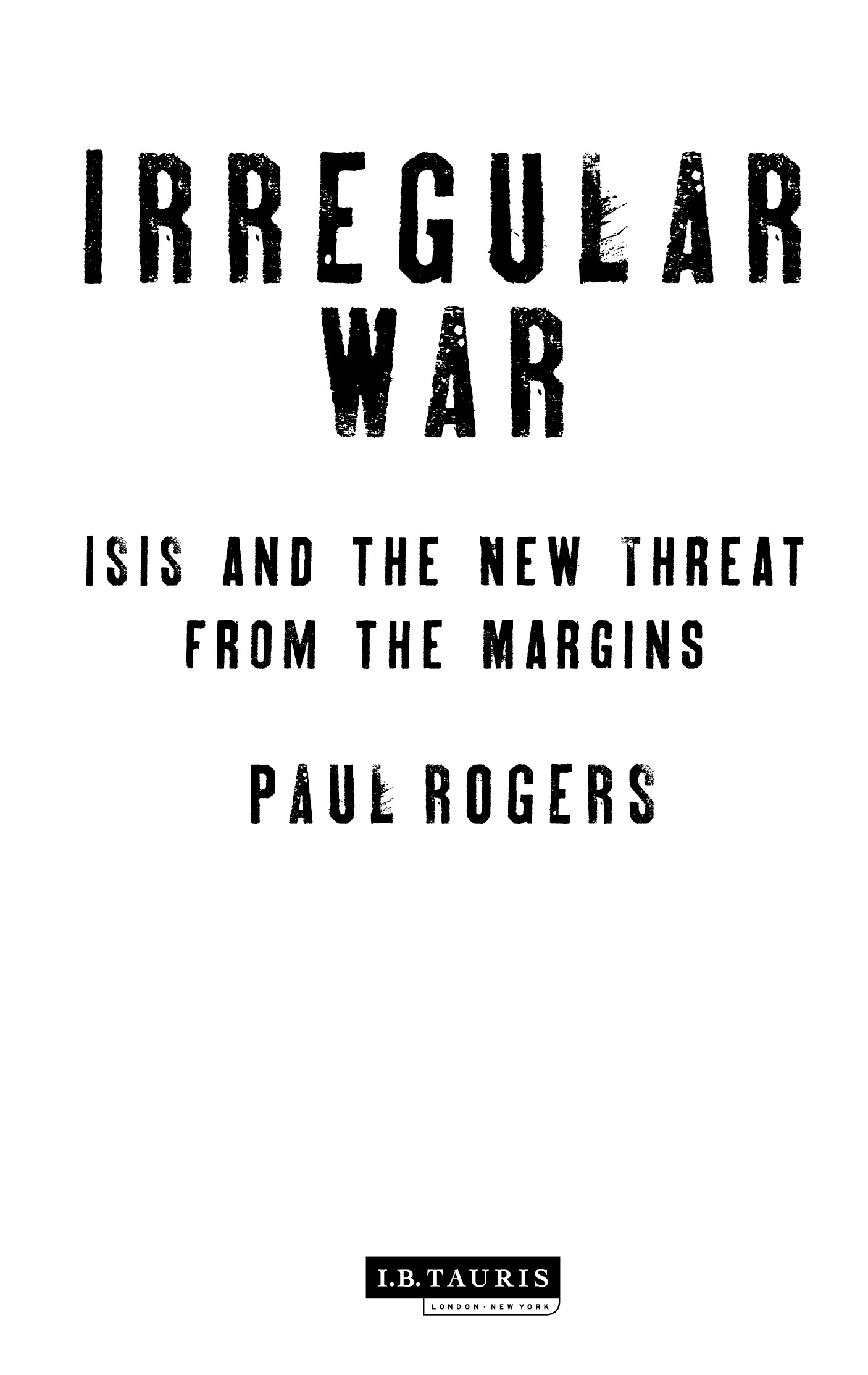PAUL ROGERS is Professor of Peace Studies at Bradford University and International Security Editor for openDemocracy. He also writes a monthly briefing for the Oxford Research Group and is author of Why Were Losing the War on Terror and Losing Control: Global Security in the Twenty-First Century .
Outstanding Irregular War presents the need to establish a completely different approach to our world economic system, to the challenge of climate change and to conventional ideas of military control. The book is an essential contribution to thinking about the best way to confront the challenges of an unstable world.
Charles Clarke, Former Home Secretary
These stories have been told before of inequality. environmental stress and the inability of the militarily powerful to mould the world in their own image. But they have never been told in the context of the ISIS challenge or with the historical and cultural perspective that Paul Rogers brings to bear. This book is not some important contribution to the international debate: rather, it is a masterly summary of a debate that we are emphatically not having, but which we certainly should.
Michael Clarke, Former Director General,
Royal United Services Institute (RUSI)
Paul Rogers identifies ISIS as symptomatic of a much broader set of developments that Western leaders have not understood. This book provides a clear and authoritative account of what is really going on and how the conventional wisdom on security needs an urgent rethink. It is compelling reading.
Rosemary Hollis, Professor of International Politics,
City University London
The catastrophe of the so-called war on terror exposed in brilliant detail by the towering intellect of Prof. Paul Rogers.
Owen Jones, Guardian columnist
Paul Rogers does it again the picture he paints in this important book of a world of permanent insurgencies because of inequality revolt from the margins asks fundamental questions of modern armies. Are they equipped for the challenges we face? Rogers condemns our current solution of higher fences and more arms, calling for more radical measures.
David Loyn, Foreign Affairs Analyst and author of Butcher and Bolt:
Two Hundred Years of Foreign Engagement in Afghanistan
Published in 2016 by
I.B.Tauris & Co. Ltd
London New York
www.ibtauris.com
Copyright 2016 Paul Rogers
The right of Paul Rogers to be identified as the author of this work has been asserted by the author in accordance with the Copyright, Designs and Patents Act 1988.
All rights reserved. Except for brief quotations in a review, this book, or any part thereof, may not be reproduced, stored in or introduced into a retrieval system, or transmitted, in any form or by any means, electronic, mechanical, photocopying, recording or otherwise, without the prior written permission of the publisher.
Every attempt has been made to gain permission for the use of the images in this book. Any omissions will be rectified in future editions.
References to websites were correct at the time of writing.
ISBN: 978 1 78453 488 2
eISBN: 978 1 78672 006 1
ePDF: 978 1 78673 006 0
A full CIP record for this book is available from the British Library
A full CIP record is available from the Library of Congress
Library of Congress Catalog Card Number: available
Text design, typesetting and eBook by Tetragon, London
For Benjamin
and Charlotte
Contents
Preface
This book has its origins in a discussion with Iradj Bagherzade about the risk of ISIS being able to develop weapons of mass destruction (WMD) and present an existential threat. In the wake of the 9/11 attacks, the disastrous wars in Afghanistan and Iraq and the emergence of ISIS from the presumed ashes of al-Qaeda, through to the attacks in Paris and Brussels in 2015 and 2016, was there the potential for ISIS or other movements to take the next steps in destructive capabilities?
While this book does indeed cover that risk, the initial discussion developed a much broader focus on the wider implications of ISIS for international security in a world increasingly overshadowed by the twin problems of a widening wealthpoverty divide and environmental constraints. The manner in which these come together with the rise of extreme political movements has scarcely been explored, yet this book argues that this is by far the most significant aspect of the rise of al-Qaeda and ISIS and the failure of the Wests military responses to 9/11.
My work on this theme has been greatly helped by my involvement with two groups: openDemocracy and the Oxford Research Group (ORG). The former started soon after 9/11 in the shape of weekly analyses of the War on Terror, and I am indebted to Anthony Barnett for getting me involved, as well as to successive editors, especially Rosemary Bechler. Above all, David Hayes has added hugely to my work over the entire period, editing and improving the raw copy and adding many further links, often at very short notice, and consistently making it far more readable.
Scilla Elworthy introduced me to the ORGs work just before 9/11 and it has been a privilege to work with staff at the organisation ever since. John Sloboda, Gabrielle Rifkind, Chris Abbott, Ben Zala, Chris Langdon, Zo Pelter, Richard Reeve and many gifted young interns and peace workers have been great to engage with. The ORG hosts the Network for Social Changes major project on remote-control warfare, and working with the staff, Caroline Donnellan and Esther Kersley, and the projects core group has been an added bonus.
Involvement with staff and students from scores of countries at Bradford Universitys Department of Peace Studies has been a great education and it has also been hugely helpful to have opportunities to teach at several defence colleges and other universities and to engage with many peace, development and environment groups.
I am particularly grateful to Iradj for suggesting the book in the first place and for further discussions since then, to him and Azmina Siddique at I.B.Tauris for many useful comments, suggestions and proposals as the text developed, and to Alex Middleton, Alex Billington, David Inglesfield and David Campbell for the production process.
The mistakes are all mine.
KIRKBURTON AND KYLESKU
APRIL 2016
List of Abbreviations
AAAS American Association for the Advancement of Science
AIMs area-impact munitions
AOG armed opposition group
AQI al-Qaeda in Iraq
BJP Bharatiya Janata Party (India)
BTWC Biological and Toxin Weapons Convention
CBR chemical, biological and radiological (weapons/warfare)
CFC chlorofluorocarbon
CTU Counter Terrorism Unit (UK)
CWC Chemical Weapons Convention
EUNAVFOR Med European Union Naval Force Mediterranean
IDF Israel Defense Forces
IED improvised explosive device
IISS International Institute for Strategic Studies
ILO International Labour Organization
IMF International Monetary Fund
ISAF International Security Assistance Force
ISI Inter-Services Intelligence (Pakistani intelligence service)
JSOC Joint Special Operations Command (US)
LTTE Liberation Tigers of Tamil Eelam (Tamil separatist group in Sri Lanka)
OPCW Office for the Prohibition of Chemical Weapons

